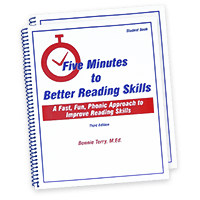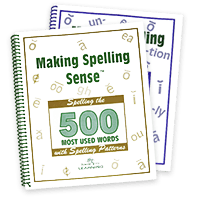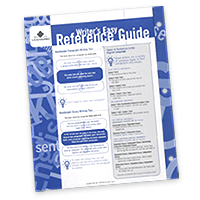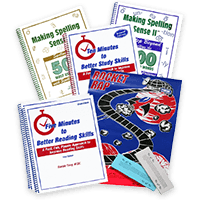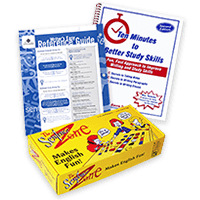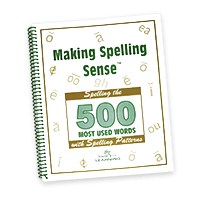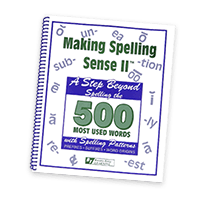Tips for a Successful IEP Meeting
October 3rd, 2009I just came across this article on preparing for an IEP and wanted to share it with you.
Learn what to do before, during and after an IEP meeting.
As a parent, do you approach IEP meetings with fear and dread? If so, here are some suggestions to help you feel more at ease and able to participate as a full member of the team that plans your child’s special education program.
Before the Meeting:
- Build a positive relationship with at least one person on the IEP team, such as the classroom teacher, principal, or school psychologist, before the meeting. Such a relationship will help you feel more comfortable and know someone else hears your point of view.
- Plan ahead and put your thoughts down on paper, so you won’t forget to mention what’s important to you during the meeting. Complete the IEP Planning Form before the meeting. Know the purpose and format of the IEP meeting and who will be there ahead of time. That way you won’t be surprised by the number of people around the table or the process being followed. IDEA 2004 contains new provisions that you should be aware of, including who can be excused from IEP meetings, and alternative ways to hold IEP team meetings.
- If you wish to share the results of a private evaluation with the IEP team, send copies of the reports to the team ahead of time so they can be familiar with the data before the meeting, rather than take valuable time during the meeting to review them. In some cases parents may feel that sharing this report (or particular aspects of the report) will not be of benefit to the IEP process; it’s your choice whether to do so.
- Review current reports, last year’s IEP (if applicable), and Parents’ Rights and Responsibilities sent to you annually.
For more, go to: Tips for a Successful IEP Meeting
………………………………………………………………….
When preparing to attend your child’s IEP meeting, it is important to have a complete understanding of your child’s learning problems. One way to do this is to use an informal assessment tool. With it you gain the understanding of what the specific problems are and how they impact learning in the classroom. It empowers you to speak knowledgebly about your child’s struggles.
Hope this is helpful,
Bonnie Terry, M. Ed., BCET











